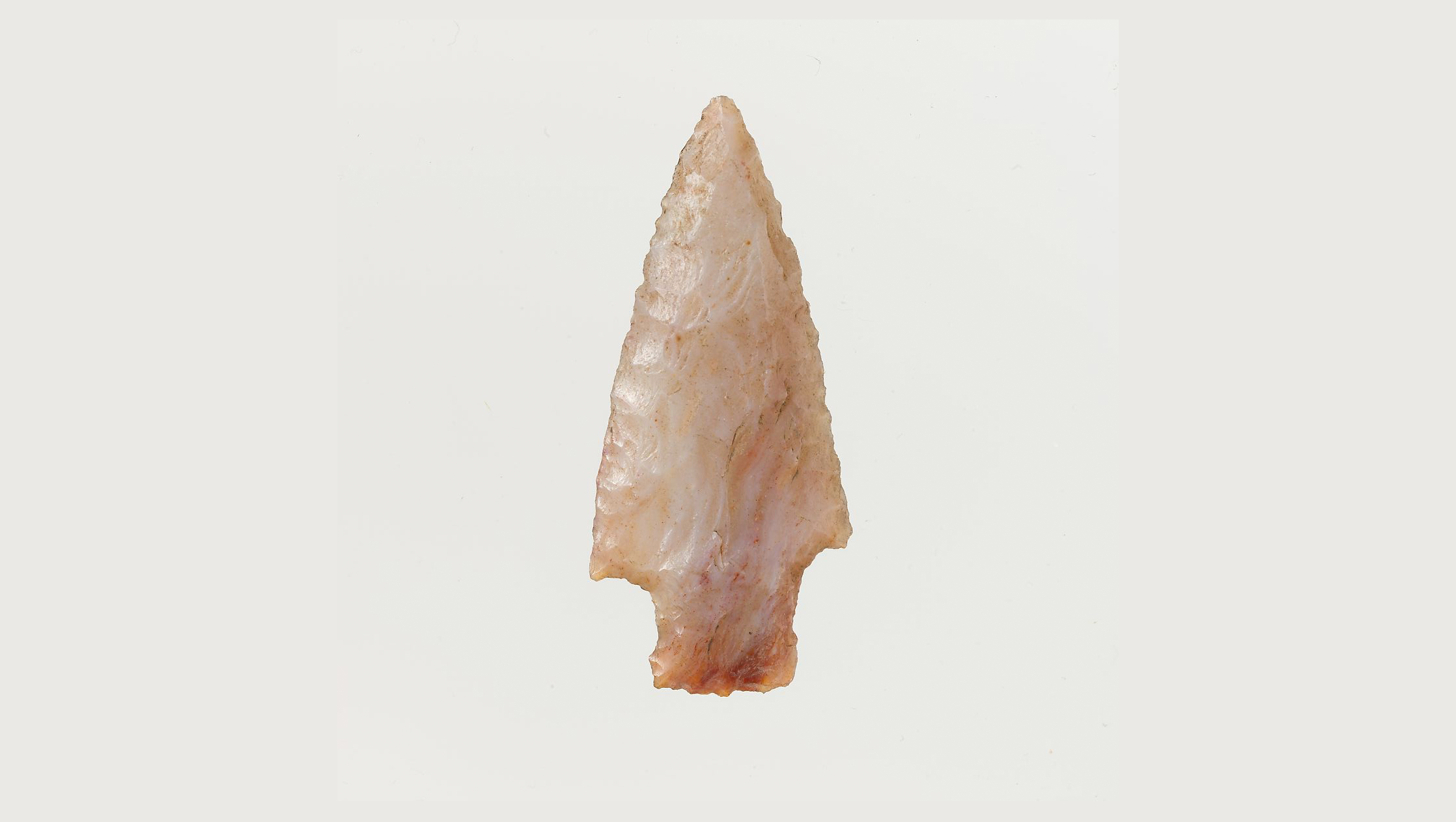
Social Instability Among the Nacirema
Political anthropologists have been fascinated with various tribes and societies around the globe in recent decades. The Middle East and Africa are home to civilizations ripe for study. Insurgencies, civil wars, coups -- all perfect for theoretical studies. Yet, there remains a group of people living in North America that has largely gone unstudied from a political anthropologist perspective. In Horace Miner’s classic 1956 article, titled, “Body Ritual Among the Nacirema,” he describes a culture based on a highly developed market economy, physical appearances, and magic. The people of Nacirema perform a series of daily rituals in private shrines in their homes in order to cleanse their bodies. They visit medicine men, shamans, and witch doctors yearly - often undergoing torture for pleasure and for the sake of physical appearances.
While almost all Nacirema continue to perform these rituals derived from magic, they are not a secular society. There is more to the Nacirema than Minor points out. The Nacirema have split themselves into tribes. These tribes are not linked to family or ethnic background, but to belief systems that can only be characterized as religions. There is a majority religion and a minority religion. Each local tribe elects a chief to lead and govern the community; these chiefs often compete to lead the Nacirema as a whole. Surprisingly, the ritual that transfers power occurs without violence, despite the polarization of the tribal religions. Perhaps this is why the Nacirema have gone unstudied. There has not been a civil war in centuries, nor a coup, or local insurgency. All of that, however, is under threat.
Similar to Lebanon in the mid-20th Century, the minority religion largely occupies the military and police force, but does not control the government. Majority-religion chiefs of the nation have not purged these organizations while in power. Instead, he relies upon them, often to enforce the same rules he swore were evil and enacted by the previous chief. What becomes apparent is that the opposing chiefs, while pledging religious purity to their followers, all end up seemingly having the same, non-religious goal: power over the Nacirema people.
The majority have historically been targeted and oppressed by the minority-led police force, which in recent years has led to protests and violent demonstrations. Surprisingly, the military has been removed from these domestic issues, focusing their powers outward.
Meanwhile, the majority controls the nation’s temples and agoras, which are reminiscent of the Greek public assembly spaces where they discussed politics and sold goods at the marketplace. The majority tribe has turned to religious evangelism in recent years, urging individuals to challenge the status quo. Places of high religious learning indoctrinate young, impressionable individuals into joining the religious majority tribe, promising them that their chief will provide gifts and wealth. These places of high learning convince youth to pay for their education with the wealth they do not have, only to release them back to society with radicalized ideology, believing that it is the minority’s fault that they have been victimized.
The majority tribe dictates and controls what is socially acceptable in Nacirema culture. At the Agora (or gathering place), the majority has begun to censor the beliefs of the minority. If the majority disagrees with a particular opinion, they suppress the narrative at all public agoras. The majority tribe has become so obsessed with progress and acceptance, that they no longer accept what is not progressive.
The religious movement in the majority tribe is reminiscent of the twentieth century Islamic political and social movement in Saudi Arabia, known as al-Sahwa, or “awakening.” Members of the majority tribe claim to be “awake” and often compete to be more awake than their fellow tribesmen. They profess their “awakeness” at any opportunity, and assume those not awake enough are part of the minority, and held in suspicion. Anyone, even majority tribesmen, with beliefs not deemed aligned with the awakening is silenced in public forums, often pushing members of the majority to side with the minority, where they can be heard and accepted. Thus begins the radicalization of the minority.
The result is extreme polarization. Radicalization of majorities and minorities, both competing for their chief to take power and silence the other. The divisiveness and instability between the Nacirema tribes is being capitalized upon. Outside entities look at the situation in Nacirema and see opportunity. Dividing the two tribes further apart takes the Nacirema’s focus off global threats, and turns their attention inward, seeing the other side as a threat to their own society. Injecting their loud, radical voices into the agoras, foreigners can spark outrage. It is the natural tendency of the Nacirema to try to win an argument, not realizing they are arguing with someone not associated with either tribe and only there to incite violence. The foreigner is able to use this tendency to force hatred amongst the two tribes - each side shouting louder just to have their voices heard and win the debate.
The Nacirema have become so divided in recent years that some have called for a civil war. Luckily, no chief has been elected who supports this, but the possibility remains prevalent, as Nacirema is ripe for civil conflict.
Opportunity and grievance are the two leading factors that spark civil war and insurgencies. As political researchers observe, the opportunity theory, as a cause for civil war, is a “calculus of risk, cost, and incentive.” Rational individuals would join an armed group if the expected value after the conflict were greater than the status quo. The grievance theory posits that “various forms of frustration, injustice, and resentment” cause collective violence. The minority resents being ostracized and silenced by the majority, while the majority feels there has been an injustice done upon them by the minority with respect to police brutality and lack of economic prosperity.
A foreign nation looking to gain territorial influence in their own immediate hemisphere could force these two Nacirema groups towards conflict. A nation in the far north could expand its influence into the Arctic Circle and nearby warm water ports. A nation with a vast coastline on the Pacific Ocean could expand its territory further into the sea, building islands to claim natural resources. They could do all that while the Nacirema tribes are competing against each other.
The Nacirema are strong together, but distracted, they are weak.
Perhaps the Nacirema are merely taking the time for introspection - reflecting on who they are as a society. Perhaps we need to do the same in our own society and look at what brings us together and grow as a nation.
Nacirema has a complex history and should be studied and criticized just like any other territorial nation state in the world. That there has not been a recent civil conflict in Nacirema is evidence of their ability to unite as a single community. Yet, if they continue to allow foreign entities to drive them apart, they will inevitably compete for dominance. We hope to never see such a conflict, as it would be the death of an incredible culture and send the entire world into chaos.
Written By Dan Fullmer
July 19, 2021
Works Cited
LACROIX, STEPHANE. Translated by GEORGE HOLOCH. Awakening Islam: The Politcs of Religious Dissent in Contemporary Saudi Arabia. Harvard University Press. 2011.
MINER, HORACE. “Body Ritual Among the Nacirema.” American Anthropologist, 1956, 58(3), 503-507.
TAYDAS, ZEYNEP; ENIA, JASON; and JAMES, PATRICK. “Why Do Civil Wars Occur? Another Look at the Theoretical Dichotomy of Opportunity versus Grievance.” Review of International Studies 37, no. 5 (2011): 2627-650. Accessed June 18, 2021. http://www.jstor.org/stable/41308471.









